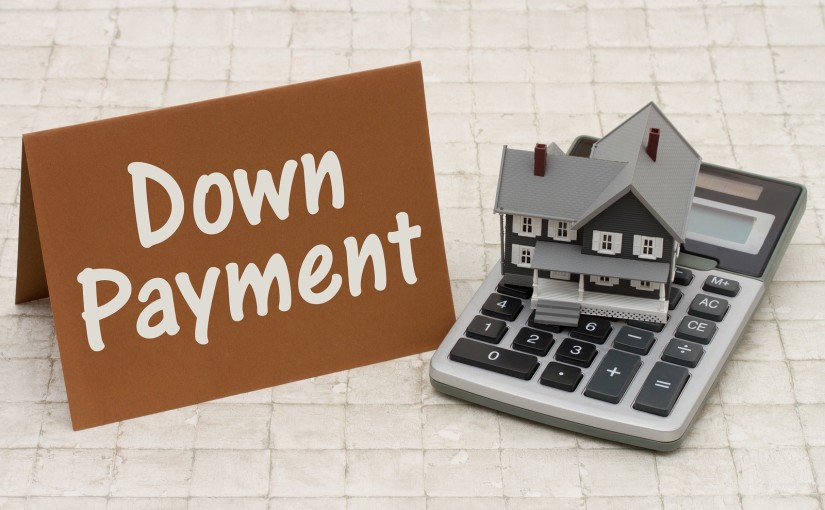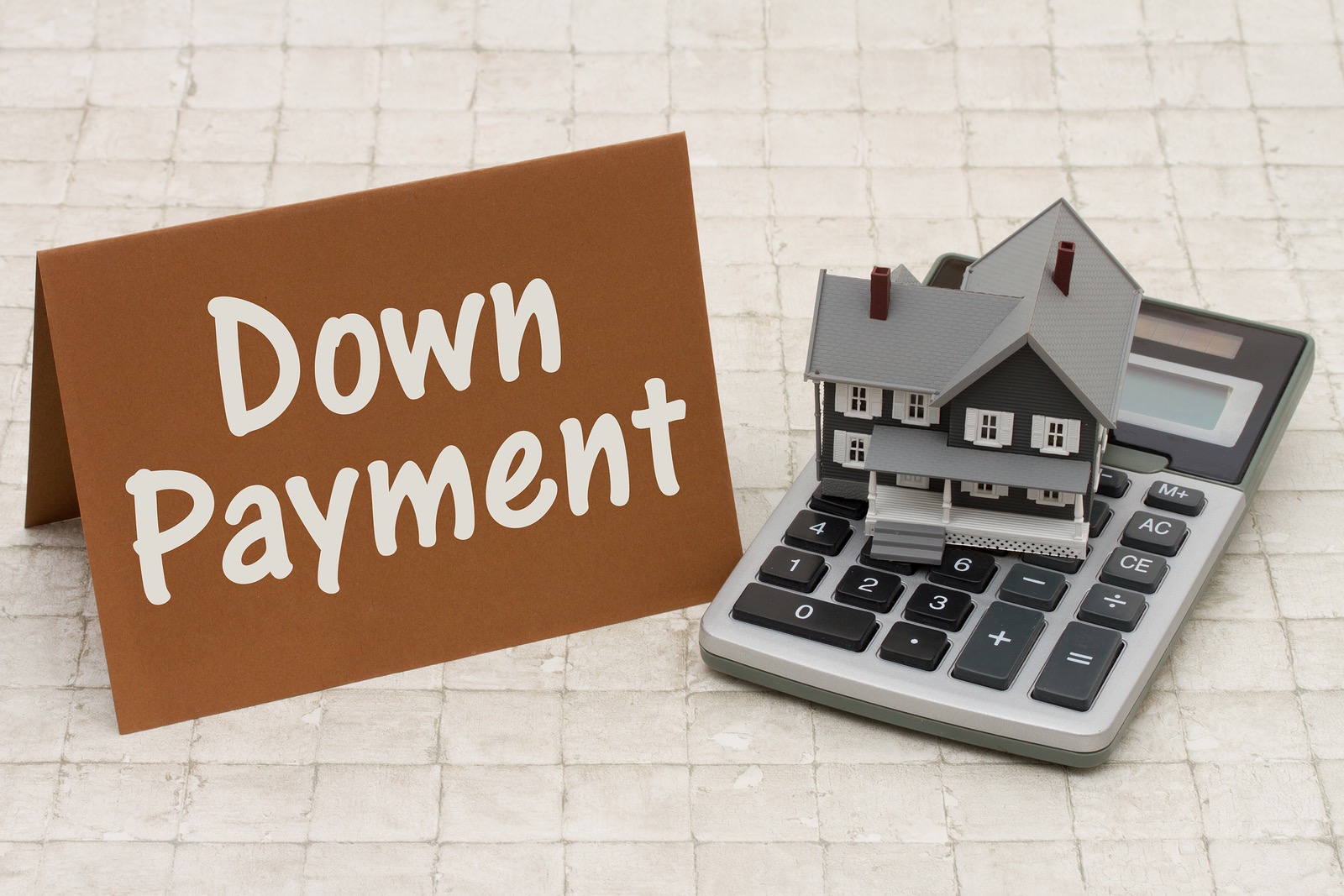
You want a cottage by the sea, a chalet by a ski run or a lodge in the woods. But vacation homes are quite expensive, and most of us don’t have the time to care for a second home in addition to our primary residence? So, here is an idea: Split the financial obligations with a family member or friend!
Buddying up sounds great on paper, but purchasing a vacation home with family and friends can be risky. After all, if things do not go well, it can spell the end of your friendship. Not to mention you may end up in a legal battle over the home. After all, you might already be commonly renting a vacation place with said friends or family. Or you could take turns using the house, so you don’t actually overlap.
Still, this approach can also turn into an express lane to disaster if you don’t navigate the relationship with care.
Do not panic! Before you sign on the dotted line, here are some important questions to protect your finances and also leave your ties of friendship or family intact.
TIC or LLC?
Ownership of property by 2 or more parties who are not married- friends, relatives (it makes no difference) can be setup as a limited liability corporation (LLC) or as a tenancy in common (TIC). And while setting up an LLC will entail hundred dollars in additional fees and a tad more paperwork. A limited liability corporation can make it easier to give away or sell an interest in the vacation home and you are treated like an individual for tax purposes, but with the extra protection of a corporate liability shield. An operating agreement will be drafted to establish the obligations and rights of the members in the LLC.
Why this is important: Under a tenancy in common, somebody who’s injured while in your shared vacation home can sue you and the other co-owners for all you are worth. Additionally, due to the fact that you own a house with somebody else, you’ve less control over who can be allowed to enter the house. So if your nephew wants to celebrate his high school graduation with a blowout party on your vacation home, and somebody steps on a broken glass, it can come back to bite you. This is much less of a risk if you choose an LLC.
Who is responsible for what?
Another reason why you should set up a limited liability corporation instead of a tenancy in common: Limited liability corporations are normally required by law to have an operating agreement. You should have an attorney draft an agreement which clearly explains everybody’s ownership interest.
That ratio, be it 80:20 or 50:50, will determine how costs like real estate taxes and insurance are divided. The agreement should also clearly explain who the manager of the vacation home is, capital improvements and how the maintenance of the home is going to be paid for and performed. The agreement gives the owners a guideline so that everyone knows- before they own the place -what the parameters are.
You can think of it as real-estate prenuptial agreement, it’s there to ensure that things run smoothly and head off resentment at the pass. Otherwise any under discussed issues- like who is supposed to close up for the season or even clean out the gutters – can quickly and easily turn emotional.
Who gets which holidays and weekends?
People purchasing a house together should ask themselves if the other owners plan on being at the house at the same time, or alternate in using it, since vacation homes normally have a prime-time of just a few months.
Normally, everyone wants to go to the vacation home at the same time of the year, during school breaks for example. If the owners do not talk about this in advance it can lead to everybody showing up at the home on the same day- which isn’t exactly the tranquil vacation home you have always dreamed about.
If you decide to split, you should work out an annual schedule in advance and also consider rotating who gets the major holiday weekends. You should also agree that swaps and changes can be made but only with the permission of all the parties involved.
To rent or not to rent?
From time to time your vacation home is going to be unoccupied no matter how many co-owners you have. If you are a neat freak and do not like strangers sleeping in your bed, you’ll not want to rent your vacation home. However, your brother might want to make some cash by renting out your shared vacation home.
You should hammer out whether you are going to rent out the vacation home so that you can generate income when you are not there. If all the parties agree to rent the vacation home just ensure where you are purchasing will allow that. Some communities do not allow short term rentals.
What happens if somebody wants out?
You should have at least one discussion about how long everybody wants to be on-board and what happens if one of the co-owners wants to sell. Giving the other owners right of first refusal if you want to sell your share is a way to reduce conflict. You should think about if you can afford to buy out a co-owner or if you’ll be able to cover the extra maintenance costs and mortgage in the event somebody wants out.


















